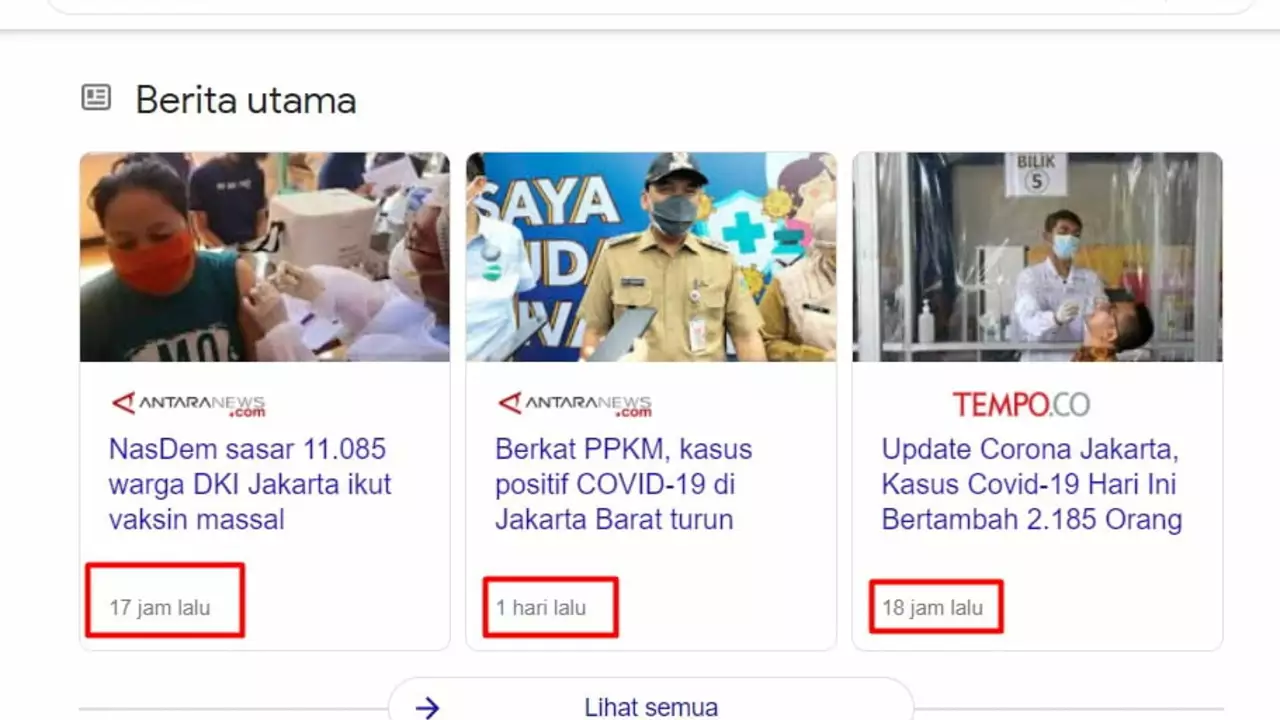Google ranking: simple steps to climb search results
Want your site to show up on Google when people search? Google ranking decides that. A few clear changes can move you up. Here I’ll share practical steps you can use right now to improve where your pages appear.
Technical fixes that move the needle
First, check basic tech stuff. Make your site load fast — slower pages lose traffic and rankings. Use mobile-friendly layouts because most people browse on phones. Switch to HTTPS if you still use plain HTTP; security matters. Create an XML sitemap and submit it to Google Search Console so Google can find your pages. Add simple structured data where it fits, like article or product schema, to help Google understand your content.
Content and links: what matters most
Good content still wins. Start with clear page titles and honest meta descriptions that match search intent. Use one focused keyword phrase per page and weave it naturally into your title, first paragraph, and headers. Write for people first — give answers, steps, or examples that readers can use. Update old posts that still get traffic; freshening content often lifts rankings.
Backlinks matter, but quality beats quantity. Aim for links from relevant sites with real readers. Share useful pieces with journalists, write guest posts on related blogs, and get listed in trusted directories or local citations. Avoid spammy link shortcuts; they can hurt more than help.
User experience influences ranking signals. Improve click-through rates by testing title and description phrasing. Break long text into short paragraphs and bullets so readers stay longer. Add descriptive image alt text and clear internal links to other helpful pages on your site. The easier your site is to use, the better your chances of higher rankings.
Track what works. Set up Google Search Console and Google Analytics. Check which queries bring traffic and which pages rank where. Run small experiments — change a title, update a header, add a section — then watch metrics for a few weeks. Patience is key; SEO changes rarely produce instant jumps.
Test titles and meta: A/B test if you can, or try two versions for a few weeks. Keep URLs short and include your main keyword. Use heading tags logically — H1 for page topic, H2 for sections. Don't stuff keywords; write readable lines that tempt clicks.
For local visibility, claim your Google Business Profile, gather honest reviews, and add local schema. For speed, use image compression, browser caching, and lazy loading. Run a Lighthouse audit and fix critical issues first. Many small fixes combine into a noticeable boost.
A quick checklist to follow: speed test the site, confirm mobile-friendly, secure with HTTPS, submit sitemap, optimize title and meta for intent, update content, earn a few high-quality links, and monitor results. Tackle one item at a time and keep a log of changes so you know what helped.
If you're just starting, pick three actions: fix speed, improve one page’s title and opening paragraph, and reach out for one quality backlink. Small consistent steps add up, and you’ll see steady movement in Google ranking over time.

Can I rank my sports news website on Google in a week?
Caelum Kingston Jul 26 0In theory, it's possible to rank a sports news website on Google in a week, but practically, it's quite challenging. This involves a complex process including SEO optimization, creating high-quality content, and gaining backlinks. However, Google's algorithms are sophisticated and it can take time for them to recognize and rank new sites. Quick ranking may not always equate to sustainable, long-term visibility. Therefore, patience, consistency and quality work are key elements to successfully ranking your website on Google.
More Detail